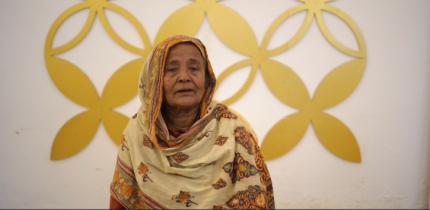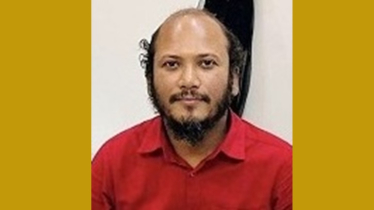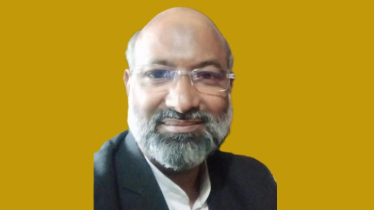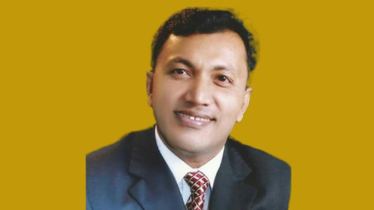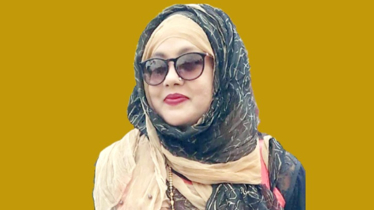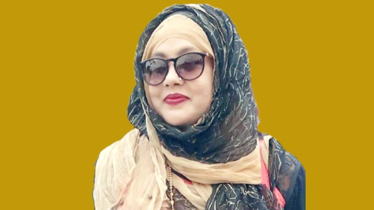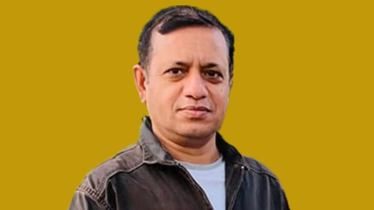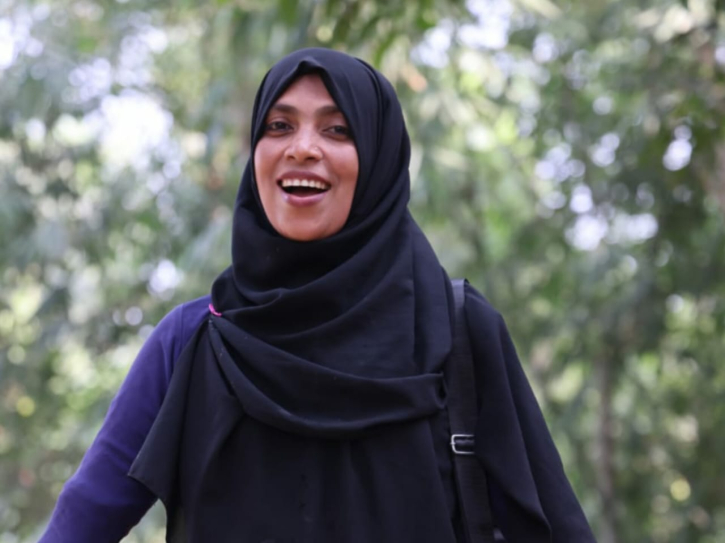
Shahana sat patiently at the Women Led Community Centre (WLCC) in Ratnapalong, Cox's Bazar, waiting for her turn. The room was filled with excitement and chatter of women sharing their stories of resilience and hope.
As the group was about to conclude the meeting, she leaned forward and said softly yet with a determined tone, “I want to share my story, and I want it to be relayed to the world.”
At 25 years old, Shahana stands out for many reasons— defying the odds with her determination and courage. As the first entrepreneur in her village, she has turned her dream into reality, carving a road to financial independence, and building a home where her parents now live with pride and dignity. More significantly, she is among those who made the bold choice to delay marriage in a community where girls are expected to marry when still children. “I will not give dowry. I want to first stand on my own feet,” she shares.
Shahana’s journey began with poverty. Her family, like many in Ratnapalong, struggled to make both ends meet. At the age of 16, while she was studying in grade 11, her parents began looking for a husband for her, as was customary in their community. But the search dragged on.
“My father was very poor, and people thought I wasn’t beautiful enough, so they couldn’t find a groom,” she recalled.
Eventually, her parents could no longer afford her education and pulled her out of school. Shahana was devastated. She watched many of her friends marry young, only to see them struggle—trapped in difficult marriages with no financial independence, bearing children before they were physically and psychologically ready, and suffering deteriorating health due to inadequate reproductive healthcare.
Shahana did not want this life. She wanted more for herself yet could not see the path ahead.
Through one of her friends, she learned about the Ratnapalong WLCC. Supported by UNFPA, WLCCs are innovative facilities established to advance gender equality and promote social norms change in the Rohingya refugee camps and surrounding host communities in Cox’s Bazar.
For Shahana, it was more than just a service facility—it was the chance and a lifeline.
Though there were obstacles, she remained undeterred. “My home is far from here, in a hilly part of Ratnapalong,” she said. “Walking to the centre was always difficult, and in the rainy season, the roads became muddy and dangerous. But nothing could stop me. My mind was completely on learning.”
At the centre, she received training in making handicrafts such as caps, bags, and dolls using natural and sustainable materials, such as fallen betel tree leaves. Her face lights up as she explains like a proficient trainer,“ Not all leaves can be used for crafting. It takes a certain type of leaves that can be used to produce the items." Part of the training curriculum is to identify the right leaves, shape them into marketable products, and manage a small business effectively.
The Programme Coordinator, the Gender based Violence in Emergencies Programme, Shahnaz remembers the day Shahana excitedly shared her plans to start a small enterprise. “By the end of the training, Shahana had completely transformed. She took it upon herself to change her life.”
With the help of the local NGOs as well as the little savings she had, Shahana set up a small centre near her house, mobilised other women in her village, provided them with basic training and started catering to the local market. Very soon the business began to thrive and today, she has more than 30 women working under her supervision. She supplies her products to local markets, NGOs, and buyers across the region even in Dhaka. With her earnings, she put herself through school and completed her graduation—an achievement she once thought was impossible. “Our products are in high demand for their quality and design", with great pride remarks one of the women.
Shahana is not bothered that she is unmarried, not because she opposes marriage, but because she wants to have a say. “I want to grow my business and save money first,” she said. “If I find the right partner, I will marry. But I won’t depend on anyone. I will marry on my terms.” Earlier, the community members would pass snide remarks at her and her parents but now they want their daughters to be just like her. “ I want women to be independent,” she quips.
“Shahana is not just building a business—she is paving the way forward,” remarks her peer Kohinoor Begum. She is proving that economic empowerment is not just about money. It’s about choice, dignity, and control over one’s future.
“With support from development partners, stories such as Shahana’s are being rewritten in Bangladesh. UNFPA is committed to accelerating gender equality and mobilizing more investments so that women and adolescent girls have a chance to take control of their lives,” adds Masaki Watabe, Representative a.i. for
UNFPA Bangladesh.“She is living proof of what happens when we invest in the potential of women and give them a chance to succeed.”
Across ten WLCCs in the Rohingya refugee camps and surrounding host communities, women and men are finding ways to break free from harmful norms and build a more equal future. These centres provide women with the tools they need to take charge of their lives—offering gender-based violence prevention services, psychosocial support, 150-hours non-formal technical training (NTTF) in line with the Government of Bangladesh’s Skill Development Framework, and referral services.
Shahana’s story underscores the critical importance of upholding women's rights, especially in the face of crises. It also demonstrates that there is hope. With little push and investment, millions of women and girls in Bangladesh especially from the surrounding host communities and the Rohingya refugee camps will be able to access education, skills and vocational opportunities, and transform not only their lives but most importantly that of their community. There are many more Shahana’s waiting for their turn!
TH

.png)
